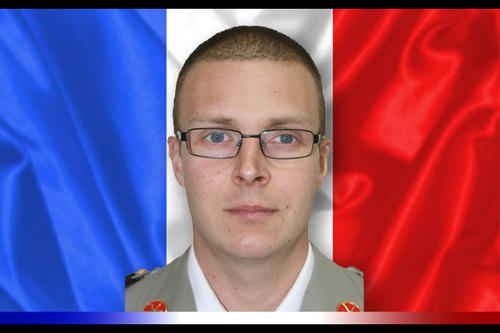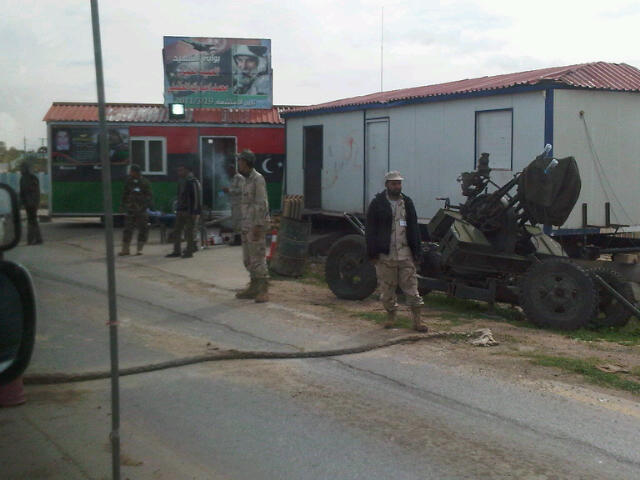EUMM Georgia's mandate, details and text
(B2)The External Affairs Council on 15 September gave the green light to a European Union Monitoring Mission in Georgia (EUMM Georgia), approving the Joint Action (published in the OJ on September 17i) such as the Concept of Operation (Conops).
Common action - this is important - because it is what gives the legal and political framework - to the mission. A financial appendix is attached to this document, which is also vital to know the reality of the resources and equipment budgeted.
Mandate. "Eumm Georgia" has a mandate to ensure "civilian observation of the actions of the parties" - in particular the "full respect through Georgia of the six-point agreement" - reached between the European Union, Russia and Georgia on August 12 - and implementing measures, decided on September 8, by the European troika and the Russian president, and to contribute to "stabilization, normalization and the establishment of a climate of confidence". It thus aims in the short term, to ensure the stabilization of the situation, and in the longer term, to contribute to "stability in the whole of Georgia and in the neighboring region".
Nb: finally it is the term "through Georgia" "whole of Georgia" (throughout Georgia, in English, ganz" in German, "w calej" in Polish) which was preferred to a more general term "in georgia" "in georgia"). A discussion took place on the morning of the 15th between ambassadors to clarify this last point (see also the article on the action area).
Shares. The mission has three main actions:
- the stabilization : observe, analyze and report on the situation of the stabilization process, focusing on the full implementation of the six-point agreement, the withdrawal of troops, freedom of movement and the actions of disruptive elements, as well as violations human rights and international humanitarian law.
- the normalization : observe, analyze and report on the process of normalization in civil governance, focusing on the rule of law, the strengthening of law enforcement and the maintenance of public order. The mission also aims to ensure the security of transport links, energy infrastructure and political services, as well as the political and security aspects of the return of displaced persons and refugees.
- return of confidence : ease tensions, by liaising and facilitating contact between the parties.
The mission should also contribute to the formation of European policy and future EU engagement
Duration. The mission has a duration of one year. With a mid-term evaluation point, six months (which is classic).
Deployment. The deployment begins "in September", with full operational capability to be reached by October 1 at the latest. The agreement signed between Europeans and Russians on September 8 provides that the “complete withdrawal of Russian peacekeeping forces from the areas adjacent to South Ossetia and Abkhazia (…) will take place within ten days the deployment in these areas of international mechanisms, including at least 200 EU observers, which must take place by 1 October 2008 at the latest”.
coordination. "EUMM Georgia" will work in close coordination with the other partners, in particular the United Nations (the UN has deployed a mission in Abkhazia since 1992, Monug) and with the OSCE (some observers of which are present in South Ossetia) .
Staff. The mission will be made up of 231 international experts – 200 observers and 30 support staff – and 30 local employees (drivers, translators, assistants). The experts will be provided by the Member States or the European institutions (Council, Commission), in the form of seconded personnel. Third States could participate in the mission. Additional recruitment may be made – on the basis of contracts – for certain functions (logistical and administrative support and security). In order to speed up the deployment, the teams of observers will arrive “pre-equipped” by their Member States in the area. (see offers from member states)
Commandment. “Operational control” of the mission rests with the Director of Civilian Planning and Conduct Capability (CPCC) at the EU Council, Kees Klompenhouwer; command and control in the field will be provided by the Head of Mission.
Funding. The mission has a cost of 31 million euros (in a full year): 12 million for salaries (head of mission, contract workers, local employees, expatriation allowances, etc.), 8,8
million euros for operating costs (transport, communications, security, medical service, etc.), 8,5 million euros for equipment costs (vehicles, computers, safety equipment, first aid kit, etc.), 0,8 million for mission expenses (transport, hotels, etc.) as well as 0,8 million for the reserve.
Wages. The head of mission should receive 18 euros per month. Seconded personnel will be partially covered by their sending state or institution (base salary, medical expenses, transport); partly on the European budget (per diem - 000 to 50 euros per day approximately depending on the location - + accommodation costs - 118 euros per person).
Establishment. The headquarters will be established in Tbilisi, providing command, control and mission support functions. District offices will be set up to geographically cover the entire area (Gori, Zugdidi, Poti, etc.). A small support element will remain located in Brussels.
Timing. This mission was prepared in record time. After the Council of Foreign Ministers on 13 August, the Political and Security Committee (PSC) met almost every week, as well as other Council groups (External Relations, civilian crisis management, etc.) in order to speed up the development of the various options and official documents prior to this decision. Informal or work meetings were even organized during certain weekends. The green light decided at the European Council on September 1, made it possible to formalize most of the work. The COPS thus approved the concept of crisis management on September 2. And an exploratory mission could be deployed from September 2 to 6. On September 3, the Council approved the “preparatory measures for a possible ESDP mission”. On September 10, the Cops approved the Concept of Operation (Conops). On September 11, a letter from the government of Georgia formally invited the EU to deploy the ESDP mission.
(NGV)
(article published in Europolitics)


